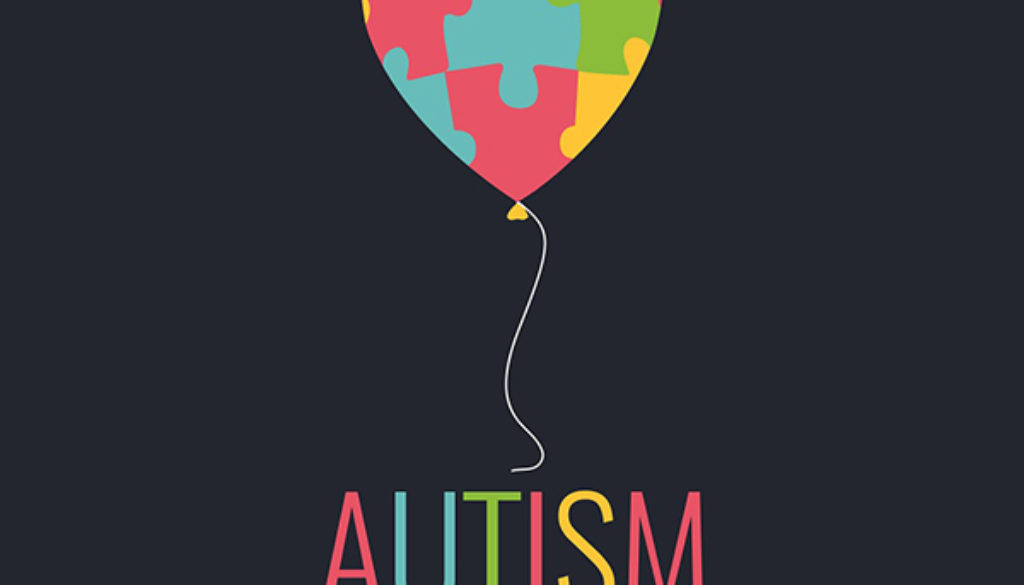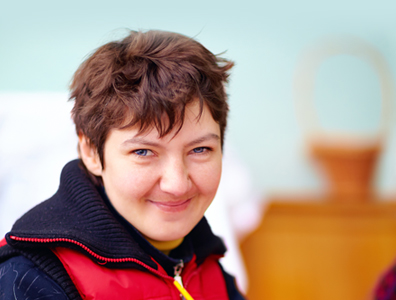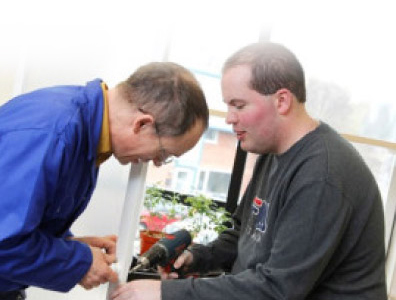What do you know about the Broad Spectrum of Autism?
Do you know that there is a large-scale study going on to attempt to crack the genetic code for autism?
Do you know that currently there are 18 new genetic variations that have been identified to increase the risk for autism?
This is the largest genome study of autism known yet and researchers have been able to identify over 5,000 genomes from an entire family that is affected by the autism.
This research has brought scientists a lot closer to identifying autisms subtypes and this can lead to treatments being better tailored in the future.
New findings have been published in the journal of Nature Neuroscience and this can add onto the ongoing MSSNG Project which was started by Autism Speaks. Autism Speaks is a research and advocacy organisation.
So far, MSSNG has researched and identified a total of 61 genetic variations that affect autism risks.
Since autism has a large spectrum and a wide range of genetic variations, there is an idea of autism encompassing a true “spectrum” of disorders which can change in both presentation and the biology.
Dr. Mathew Pletcher, who is vice president for genomic discovery at Autism Speaks has told The Huffington Post “(The study) helps underscore… the incredible variety, the heterogeneity, in what autism is”.
“This diagnostic category of autism is one that covers so many unique genetic backgrounds and unique biologies, and yet it’s being considered as one thing,” Dr. Mathew Pletcher added.
Dr. Mathew Pletcher finished off with “but in reality, with each new study we do and each new gene we find, we’re seeing that in fact, autism is collecting together this huge group of really complex genetic traits.”
As these findings develop, this can lead to being able to divide autism into separate categories or more specific disorders which can be diagnosed AND treated differently based on the person’s needs.
According to Dr. Mathew Pletcher, once the genetic information is all integrated into diagnosis, all patients can be treated differently and more efficiently in a personalised manner.
There is currently an open-access database which is housed in Google Cloud thanks to the collaboration with Verily.
They have allowed researchers to analyse 3 billion DNA pairings which make up each of the individuals’ genome.
Researchers have also been able to look beyond genetic mutations to find other genetic changes that are associated with autism. This can include chromosomal abnormalities and even deleted and repeated genes. Quite a few of the newly identified genes have been classified as “druggable”.
“Druggable” means that the scientists know that the molecules can be planned to interact proteins that are created by the genes to alter their main function.
So far, the study has estimated around 80 percent of the 61 genes that have been discovered have the potential as targets for medication.
In fact, some of the genes are related to medical conditions that occur with those who have autism.
Medical conditions include those like seizures and diabetes in adults.
The discovery made by the researchers can help the early stages of diagnosis and preventive care.
As these new identified genetic variations don’t exist within isolation, they would end up falling into one of three distinct biological “pathways” or connected networks.
One of the “pathways” for example can cause a change in the way that the neurons develop and communicate with each other. These “pathways” can then be potential targets for new generations of medications which address the multiple genetic variations at the same time.
An advantage of the MSSNG Project is that it seems to look to the genomes of the whole families rather than individuals.
Analysing a family’s genetic profile helps to explain things such as why one child can develop severe autism and why one might not have the disorder.
Dr. Stephen Scherer, the senior investigator of the study, has said in a statement that “this reinforces the significant neurodiversity involved in this complex condition”.
Dr. Stephen Scherer finishes off with, “In addition, the depth of the MSSNG database allowed us to identify resilient individuals who carry autism-associated gene variations without developing autism. We believe that this, too, is an important part of the neurodiversity story”.
As more and more is learnt about autism it helps organisations like Skills Tank to adapt its educational and development approach for adults 16+ with more acute autism, learning difficulties/disabilities and behaviour that challenges. To discover more please visit www.skillstank.co.uk. If you would like to talk to someone in more detail, please call Glenys or Wayne on 0121 308 655 or shoot them an email to wayneh@carefirstltd.co.uk




